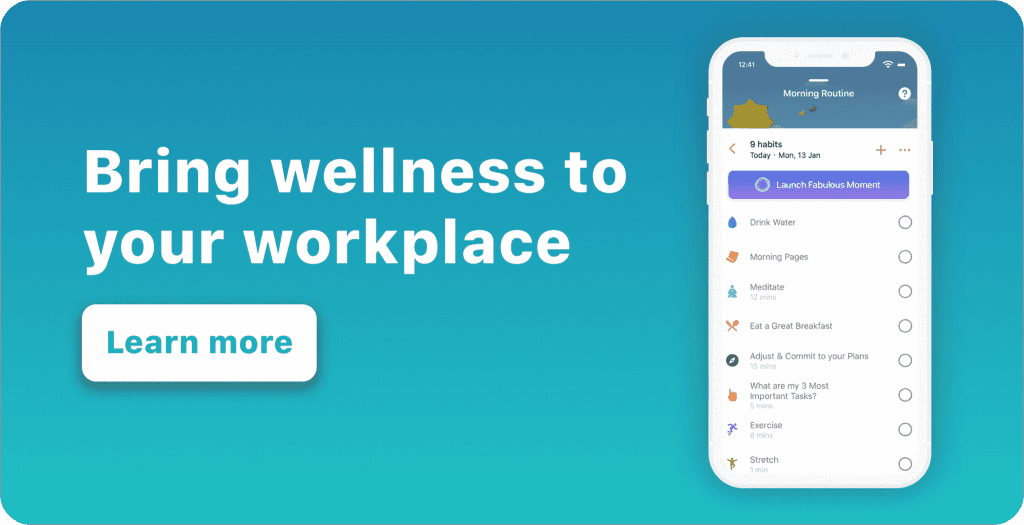Your alarm rings first thing in the morning, before the sun even comes up. You’re filled with the same dread you feel every morning: The dread that comes with knowing you’ll have to get out of bed, put on some big kid clothes, and head out to work.
Who hasn’t fantasized about working from home, also called telecommuting, during these moments? What greater joy could there be than being able to work from your bed, in your pajamas? To have the freedom to clock in and out at your leisure during all hours of the day? To have complete control over your work-life balance?
If it seems too good to be true, you’re right to be skeptical. Working from home has loads of advantages but just as many drawbacks. But could it help workers solve the problem of finding a healthy work-life balance? Possibly.
The Pros of Working from Home

It’s relatively easy to find remote work.
If you can write, program, teach, or transcribe, you can find a remote job. The 21st Century workforce is more tech-centric than ever and, often, all you really need is a computer with an internet connection to do your job. Granted, some skill sets are better suited for remote work than others–good luck finding a job as a remote plumber–but more and more companies are interested in expanding and diversifying their teams to people all over the globe.
You’re in charge of your work-life balance.
That fantasy of working from your bed in your pajamas is surprisingly realistic. Telecommuting gives you that option to take it easy some days while dedicating other days to laser-like focus. As long as you meet your deadlines, how you distribute your workload is entirely up to you. So, when the latest season of American Horror Story is released on Netflix, it’s within your power to take a few days off to binge-watch it. Good luck doing that in an office!
You’ll be more productive.
One of the biggest concerns for people who want to telecommute is that they feel like they’ll be too distracted by home matters to work. This is a possible outcome but you’d be surprised how much more productive you’ll become once you get used to it. Without distractions from coworkers, tedious meetings, and other forms of forced downtime, you can focus on doing your actual job.
Plus, working from home eliminates your daily commute, which can free up hours of time for you to work or rest.
The Cons of Working from Home

Workplace culture is nonexistent.
Coworkers can often be more than just coworkers. Many people make friends and even fall in love at work. Companies like Discord and Shine Texts often host workplace events like game nights to foster a sense of community among their workers.
When you work from home, however, this simply doesn’t happen. It’s hard to make friends with people you only communicate with via email once or twice a week. Full-time telecommuting can be extremely lonely.
You’re perpetually “on call.”
When you work from home, you get to work on your own schedule. Unfortunately, if your whole team works remotely, you’ll also be working on their schedules. It’s not uncommon for workers to live all over the world, which can result in emails at 2:00 am, or unusual meeting times to accommodate people from multiple time zones. It can also be hard to “clock out” when your hours are unusual and you have no specific place dedicated to working and only working, making you feel like you’re always at work.
This can also affect your home life. It’s easy for loved ones to assume you’re always off duty since you have no predetermined unavailable days or hours.
It’s not a career path for the irresponsible.
We take managers for granted in the modern day office space. Managers make our schedules for us and ensure we’re staying on task, meeting deadlines, and getting paid.
When you work remotely, all of those managerial tasks fall on you. It becomes your responsibility to manage your time wisely while working on projects. You are in charge of your day-to-day activities, and it’s up to you to finish tasks with virtually no supervision. Being able to stay organized, communicate effectively, and avoid procrastination, are all must-have skills.
Does Telecommuting Solve the Work-Life Balance Problem?

As we move forward culturally, work is becoming less of a place you go to and more of a thing you do. The 20th Century image of putting on a suit and going to the office simply isn’t the norm anymore. Now, the office can be anywhere in the world, including your living room couch.
For some people, including the writer of this blog post, working remotely can open up opportunities that would be otherwise inaccessible to potential workers because of who they are, where they live, or what challenges they face. It’s much easier to find a remote job than it would be to uproot everything and move across the country to follow a job offer. Internet comedian Ben Grelle, or The Frogman, has several chronic illnesses that make working a traditional job impossible but manages to make ends meet by working from home.
Working remotely comes with a hefty share of responsibility but for some, the freedom of being able to choose your hours far outweighs the drawbacks. If you could use a break from your usual 9 to 5, try talking to your supervisor about telecommuting a few hours a week. It might be just what your mind and body need.
If working remotely doesn’t suit you, however, or you’re currently unable to do so, there are other ways to balance your life. Try our Life Well-Balanced journey to examine how else you can make changes to help you prioritize the things that matter most to you.




